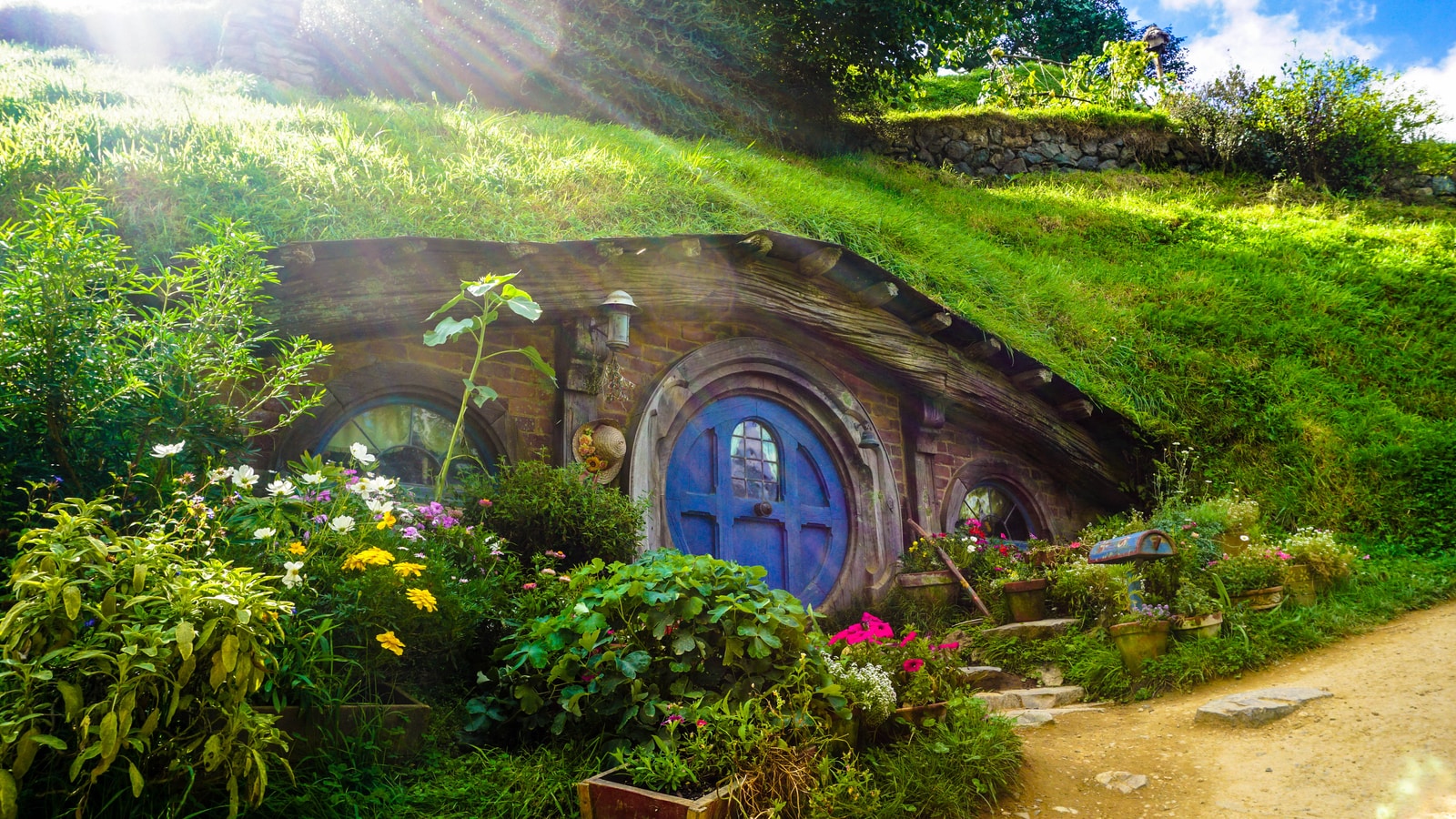Michael Flinn
One of my favourite authors is J. R. R. Tolkien, and of his writings, The Lord of the Rings is the greatest. I first came across this book in the Rangitoto College library, on Auckland’s North Shore, where I spent my high school years. I’ve read it many times, and have found myself enjoying it more and more, especially as I’ve approached the years when I can perhaps describe myself as an “Old Gaffer”.
I can remember the time when an animated version of the book was released for the screen. It was a bit lame, really, and I remember lamenting with friends that in our lifetime, that’s probably the best we were ever going to get. How could you ever bring a book like The Lord of the Rings to the big screen?
Then along came Sir Peter Jackson and the incredibly talented people who work in Weta Workshop. I was thrilled that Jackson and his team were able to bring the story to the attention of the world, while showcasing our beautiful landscapes and scenery in an epic way. That’s what Kiwi hobbits can do when given half a chance.
But I was even more thankful to Jackson because, by dint of his amazing artistic achievement, he brought the book itself to the attention of a new generation of readers around the world. No disrespect to Jackson and the team, but the book is better – much, MUCH better.
Tolkien was born in Bloemfontein, South Africa, and went to England with his family at age 3 1/2. They moved to Warwickshire, where Tolkien grew up, and where he fell in love with what you might call the central English countryside, with its water stones, its elm trees, its small, quiet streams, and so on. But he also fell in love with the little people, the ordinary people, the rustic people who lived there. These lowly, unimportant people he came to think of fondly as Hobbits, and after many years of preparation and study, he wrote these words in the prologue of his magnum opus:
“This work is largely concerned with Hobbits, and from its pages a reader may discover much of their character and a little of their history…”
Tolkien was not only a great writer; he was also a great philosopher. He lived through the dark days of two world wars and spent a great deal of time reflecting on the world and the great issues of his day. He was known in academic circles as Professor Tolkien, world-renowned authority in the areas of philology and English.
Why would he expend so much time and intellectual labour in order to tell the world all about Hobbits?
Towards, the end of his life at age 70, Tolkien was asked by a journalist whether he wished to be remembered chiefly for his writings on philology and his many other academic works, or by The Lord of the Rings and The Hobbit. Tolkien’s response:
“It’s not much of a choice but if it was by The Lord of the Rings, I’d take it. I wouldn’t mind the other being remembered, but I am conscious that they are small and not very important.”
What gives here? Well, Tolkien had very little time for Big People, Important People, Powerful People – the kind of people who fly to Glasgow in their private jets, bask in the adoring glow of the world’s television cameras, determine how the entire world is to function, and then fly out again to some undisclosed Place of Prominence. In fact, Tolkien thought that 9 times out of 10, these were the people who wrecked everything.
Professor Tolkien was much more interested in the little folk, the people who learned how to cook before they learned their letters (and many of them did not learn their letters). He loved the Tooks, and the Brandybucks, the Grubbs, the Chubbs, and especially, the Proudfoots. He was not a bit concerned that both the feet of Mr. Proudfoot were on the table at the party. These were the real heroes for Tolkien. In Elrond’s words, “This is the hour of the Shire-folk, when they arise from their quiet fields to shake the towers and counsels of the Great. Who of all the Wise would have foreseen it?”
Well, Professor Tolkien was wise. He saw it very clearly.
So what would he say to us Kiwi hobbits as we come to end of a tumultuous two year period only to face such great uncertainty and perhaps anxiety and fear in the year ahead?
I think he would say: Have a party. Get out the bread and the cheese. Sing some songs and tell some jokes. Put the brace of coneys on the barbie. Season them with some salt and some herbs, and while you are at it, don’t forget the taters. Go get some beer from the Prancing Pony. (Yes, Pip, it does come in pints.) Be sure you go back for another helping or two, that delightful hobbitish practice of “filling up the corners”, and find a good home for “the last drop of Old Winyards.” Then sit back and enjoy some Old Toby, or Longbottom Leaf.
Don’t worry about what will happen in years to come. Even the Wise do not know how everything will work out in the end. Just do what you do best – be Hobbits – and the world will be a much better place for it.

